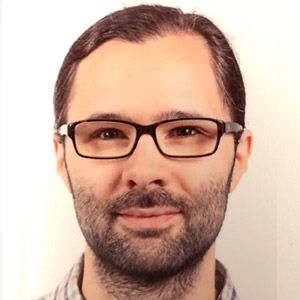
Industrial engineer and since 2014 CEO of BRACH Engineering & Material Technology, started his career in the steel industry as metallurgical engineer in the casting process optimization, becoming later on plant manager of the heavy ingot rolling mill as well as ingot casting facilities (now ArcelorMittel) in Bremen and Eisenhüttenstadt.
He defended his Executive Doctorate in Business Administration (EDBA) in September 2022, on the theme “Firm performance of metal-producing companies: Empirical study of strategies and management activities among listed companies” under the supervision of Professor Marco Heimann, University of Lyon.
Thesis Direction
Pr Heimann Marco
Thesis Title
Firm Performance of Metal Producing Companies Empirical Study of the Strategies and Management Activities among Listed Companies
Abstract
The forecasts for the European steel industry are pessimistic, particularly resulting from low economic growth rates and declining steel intensity of the total economy. It is assumed that Europe’s steel industry may lose further market share to producers in emerging markets and shut down further capacities. Economic research has paid little attention to traditional industries but increasingly focused on the phenomenon of high-growth companies, while the metal industry is regarded as an example of dying big business of the old economy. However, on the other hand, there are also success stories of European companies specializing in high-quality niches and building up a stable market position in these niches.
Key Literature and Methods: Based on the discussion of the literature referring to concepts such as market-based theory of the firm, resource-based theory of firm, high-growth research, industrial economics, stochastic firm growth theory, corporate lifecycle theory, this study develops a quantitative approach to explore determinants of firm performance among metal-producing companies. Financial data of listed companies are examined using explorative regression analysis, neural network analysis, t-test, and comparative case studies.
Key Results: The microeconomic theory of firm growth can be regarded as the best fitting framework for describing firm growth of industrial companies in mature industries such as the metal industry. The discussion of results shows that operations management focusing on cost efficiency combined with discretionary management are most successful instead of ‘grand strategy’ concepts on the strategic management level, such as they are suggested by sophisticated strategic management approaches.
Main Implications: Concerning strategy and business management of metal producing companies, cost leadership and economies of scale are to prefer over niche strategies and quality leadership. ‘Operations management prevails over strategic management’ at least in the examined industry.

